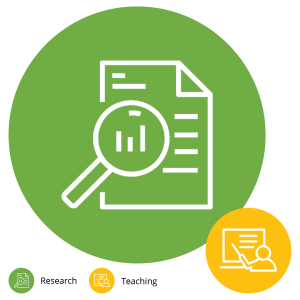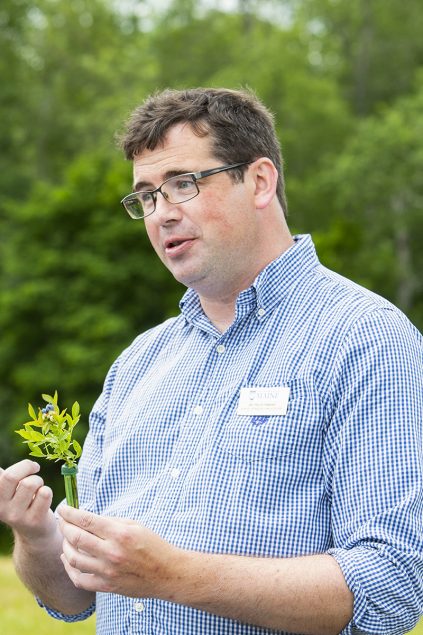Phillip Fanning
Expertise
? Agriculture, ? Climate change, ? Food security, ?? Gardening, ? Insects, ? Land and natural resource use, ? Organic food production, ? Pests and parasites, ? Pollinators, ? Wild blueberries
Fanning’s research focuses on the ecology and behavior of insects in agro-ecosystems. He studies insects that are pests, and natural enemies within these agricultural systems and in the surrounding landscapes. The evaluation and optimization of pest management programs, and development of sustainable alternative management tactics towards the goal of conservation of biological control and pollinators is a key focus of our research. Fanning’s lab is also studying how PFAS affect pollinators and honey. Visit Fanning’s biography to learn more.

Appointment details
Fanning’s work is supported by:
- School of Biology and Ecology at the College of Natural Sciences, Forestry and Agriculture
- Maine Agricultural and Forest Experiment Station
Experiment Station contributions
- Current project: Biology and Management of Beneficial and Pest Insects in Wild Blueberry. Hatch Project Number ME022123.

